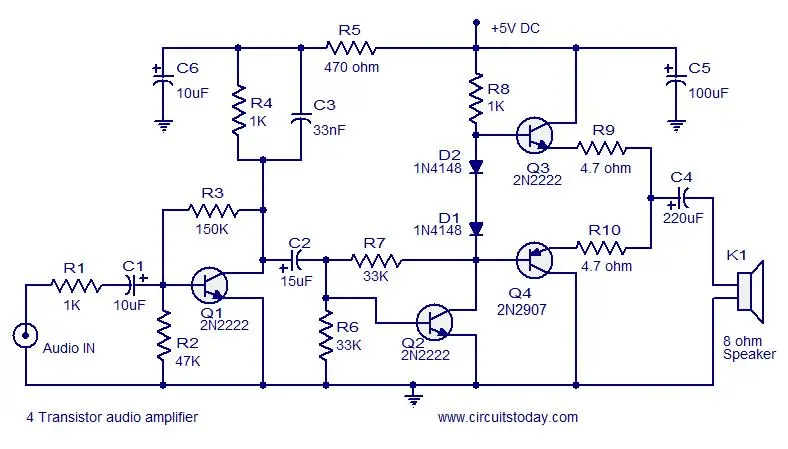- Joined
- Dec 5, 2019
- Messages
- 3,843
- Likes
- 3,790
Recent posts on cars and on the look and feel of integrated amps, and even speakers, brought this post to mind.
If you think about the fact that there is little or no difference in SQ of electronics, then the issues about buying one over another boil down to things like visual aesthetics, control functionality and ergonomics. Such things matter critically for fighter pilots and astronauts where a mistake can cause death (witness the existence of a Behavior Performance Laboratory at NASA, which a high school buddy of mine used to run). But they can strongly affect the "audiophile experience" too - either on their own or by way of cross-sensory effects (better feeling switches lead to increased oxytocin and thus to higher perceived sound quality).
Such issues are the quintessential subjective effects.
So, I wanted to post about the world's premier car designer, Gordon Murray. He gets it. He understands what is important in making the ultimate driving machine, and that is the subjective experience of driving. He's said that his forthcoming supercar does not focus on the highest speed or acceleration (tho it ranks highly in those items). Instead, he talks about how the switches feel, how the shifter feels, how Cosworth made a new V12 that sounds a bit like the Columbo V21 in older Ferraris, how it looks inside and out, and etc.
There are a number of videos on YouTube about him and his various cars, but here is an article:
https://www.topgear.com/car-news/supercars/27-things-gordon-murray-told-us-about-t50
If you think about the fact that there is little or no difference in SQ of electronics, then the issues about buying one over another boil down to things like visual aesthetics, control functionality and ergonomics. Such things matter critically for fighter pilots and astronauts where a mistake can cause death (witness the existence of a Behavior Performance Laboratory at NASA, which a high school buddy of mine used to run). But they can strongly affect the "audiophile experience" too - either on their own or by way of cross-sensory effects (better feeling switches lead to increased oxytocin and thus to higher perceived sound quality).
Such issues are the quintessential subjective effects.
So, I wanted to post about the world's premier car designer, Gordon Murray. He gets it. He understands what is important in making the ultimate driving machine, and that is the subjective experience of driving. He's said that his forthcoming supercar does not focus on the highest speed or acceleration (tho it ranks highly in those items). Instead, he talks about how the switches feel, how the shifter feels, how Cosworth made a new V12 that sounds a bit like the Columbo V21 in older Ferraris, how it looks inside and out, and etc.
There are a number of videos on YouTube about him and his various cars, but here is an article:
https://www.topgear.com/car-news/supercars/27-things-gordon-murray-told-us-about-t50

